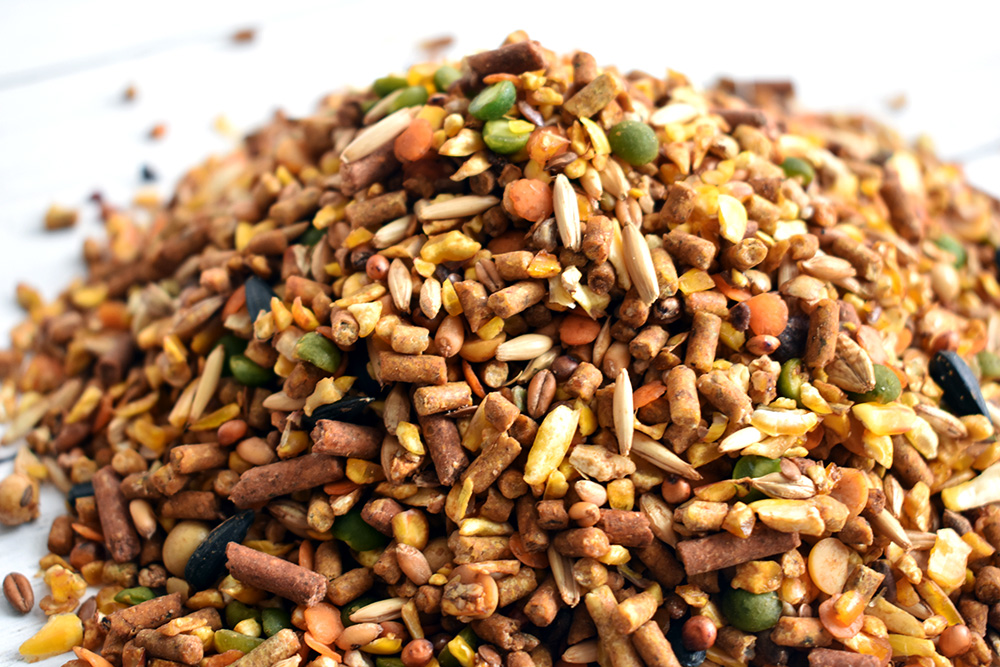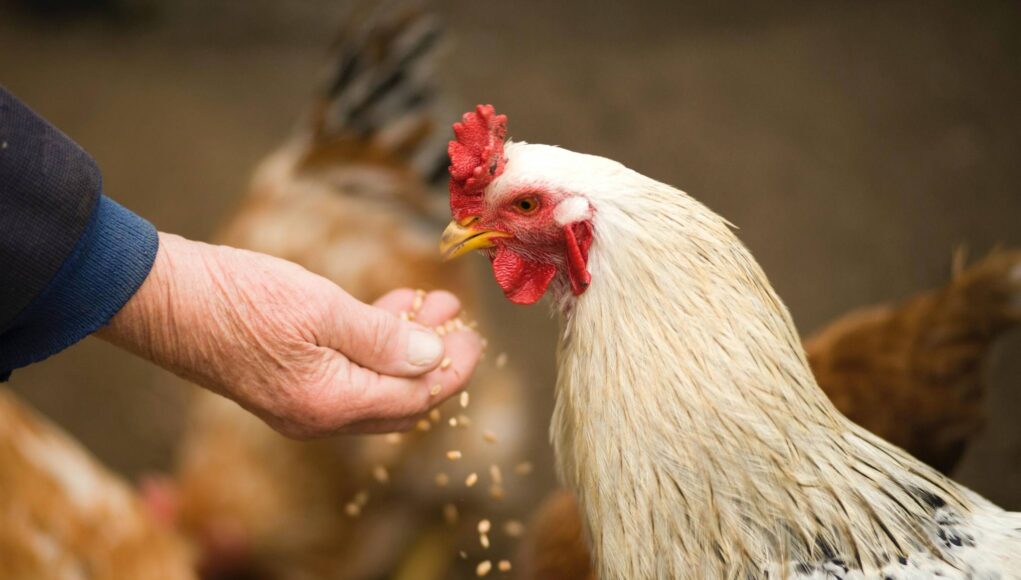For those who raise chickens, knowing when to change chicken feed is crucial for maintaining the health and productivity of their flock. Whether you are a seasoned poultry farmer or just starting out, understanding the signs and reasons to switch feed can make a tremendous difference in your chickens’ well-being.
In this article, we will take a deep dive into the numerous aspects of changing chicken feed, including the types of feeds available, key indicators that it’s time to switch, and expert recommendations for a smooth transition.

1. The Importance of Proper Chicken Feed
Providing your chickens with the right feed is essential for their growth, egg production, and overall health. Different stages of a chicken’s life require different nutrients, which is why feeding them the appropriate type of feed is important.

2. Understanding Feed Types
Starter Feed
Starter feed is designed for chicks and is rich in proteins to support rapid growth. This feed usually contains 18-20% protein.
Grower Feed
Grower feed is meant for young chickens who have moved past the chick stage but are not yet adults. It contains 15-18% protein.
Layer Feed
Layer feed is tailored for hens that are actively laying eggs. It is enriched with calcium to support eggshell production and usually has around 16% protein.
Broiler Feed
Broiler feed is for chickens raised specifically for meat. It is high in protein to promote rapid weight gain.

3. Recognizing the Need for Change
Observing your chickens’ behavior and physical condition can help you recognize when it is time to change their feed. Here are some key indicators:
Decreased Egg Production
If your laying hens are producing fewer eggs, it may be a sign that their nutritional needs are not being met.
Poor Feather Condition
Chickens with dull or missing feathers may need a different feed to improve their feather health.
Sluggishness
Chickens who appear less active than usual might benefit from a change in their diet.
Weight Loss or Gain
Unexpected changes in weight can indicate that your chickens are either not getting enough nutrients or are being overfed.

4. Transitioning to New Feed
Switching feed abruptly can cause digestive issues for chickens. Here are some tips for a smooth transition:
Gradual Introduction
Mix the new feed with the old one, gradually increasing the proportion of the new feed over a week.
Monitor Behavior
Keep an eye on your chickens for any signs of distress or digestive problems during the transition period.
5. Special Requirements for Different Breeds
Different breeds of chickens may have specific dietary needs. Researching the breed of your chickens can provide insights into the type of feed that will best suit them.
6. Seasonal Changes
Changing the feed according to the season can help maintain your chickens’ health. For example, in winter, chickens may need feed with higher fat content to sustain their energy levels in the cold.
7. Expert Opinions
Consulting with a poultry nutrition expert or veterinarian can provide personalized advice tailored to your flock’s specific needs.
8. Frequently Asked Questions
How often should I change my chicken feed?
It depends on the life stage and specific needs of your chickens. Generally, feed should be changed as they grow from chicks to adults and when there are signs of nutritional deficiencies.
Can I make my own chicken feed?
Yes, but it requires a thorough understanding of poultry nutrition. It is often easier and safer to purchase commercially prepared feed.
What should I do if my chickens stop eating the new feed?
If your chickens refuse to eat the new feed, try mixing it with their old feed gradually. If the problem persists, consult with a vet.
Understanding when to change chicken feed can significantly impact your flock’s health and productivity. By recognizing the signs and knowing how to transition smoothly, you can ensure your chickens are well-nourished and happy.
For additional information on poultry care, you can find valuable insights on the Get Strong Animals website.
For more tips on chicken breeds and care, check out our articles on Chicken Breeds, Jumbo Eggs, and Best Tasting.
As an Amazon Associate, I earn from qualifying purchases.









